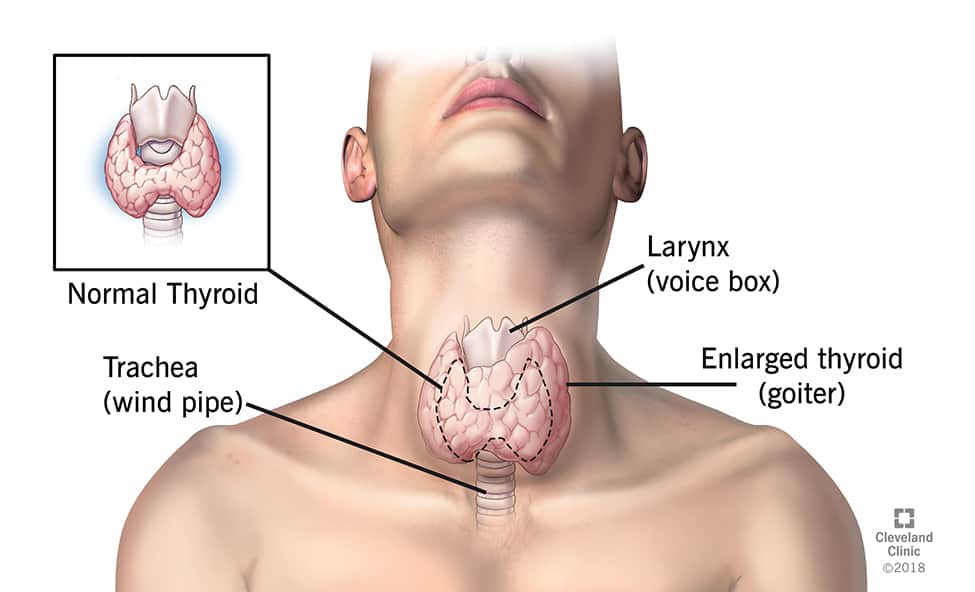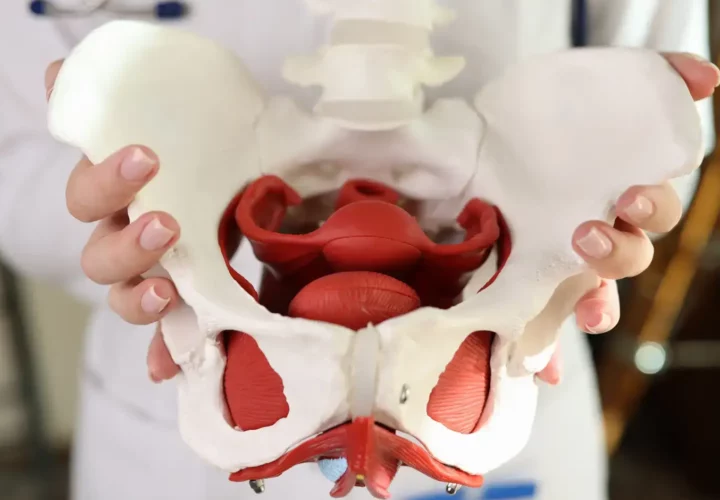Hashimoto’s Disease also known as Hashimoto’s Thyroiditis, is an autoimmune disease that damages the thyroid gland. This is the most common cause of hypothyroidism and affects more women than men.
What it is
Those with Hashimoto’s Disease will often get hypothyroidism due to antibodies attacking the thyroid gland which leads to the thyroid not being able to make enough thyroid hormone. If the hypothyroidism becomes severe, your metabolism can slow down. This may lead to weight gain, fatigue, and other symptoms.
Though Hashimoto’s Disease can occur in teens and young women, it often appears in those between 40 and 60 years old. And it runs in families. If you already have an autoimmune disease, your risk of of getting Hashimoto’s Disease is increasingly high as well. Your risk is also higher if you recently had a baby. Some women have thyroid problems after birth called postpartum thyroiditis.
Signs and Symptoms
Though you may not have symptoms for years, when you do, the first sign is an enlarged thyroid. This is referred to as a goiter. Because of its location on your neck, it may cause your neck to look swollen. However, goiters typically don’t cause pain. As previously stated, hypothyroidism is often a cause of Hashimoto’s Disease. Symptoms of this include:
- Tired
- Cold sensation when others are not
- Constipation
- Weight Gain
- Heavier than normal menstrual periods
Diagnosing
If symptoms of hypothyroidism are present, your physician may do an exam along with ordering one or more tests to be done. These tests may include one or both of the following:
- Thyroid Function Test.
- This is a blood test done to see whether your body has the right amount of TSH and the thyroid hormone. If TSH is high, it is a sign of an under-active thyroid.
- Antibody Test.
- This blood test tells whether your body contains the antibodies that favor Hashimoto’s Disease. More than 1 in 10 people have the antibody but have a normal thyroid function. Luckily, having only the antibodies does not cause hypothyroidism.
Treatment
A daily dose of levothyroxine is used to treat Hashimoto’s Disease. Interestingly enough, this is the same hormone the thyroid gland makes. While your body is always growing and changing, your TSH levels will change too. Because of this, you will be monitored the rest of your life. But when the TSH levels go back to normal, your visits to see your physician will be less frequent.
If you have any questions or want to know more please consult your physician as they can point you in the right direction.



